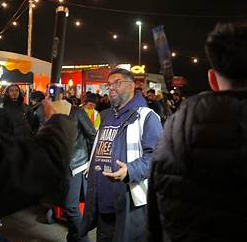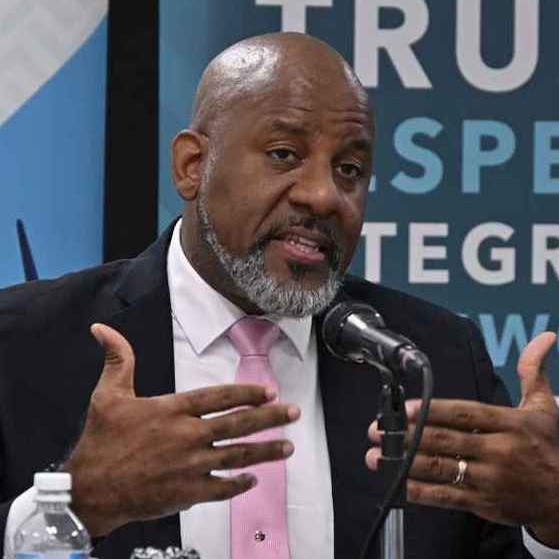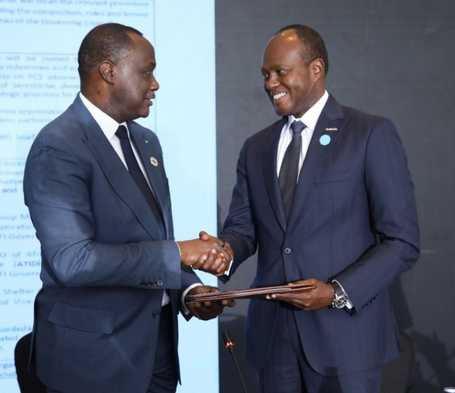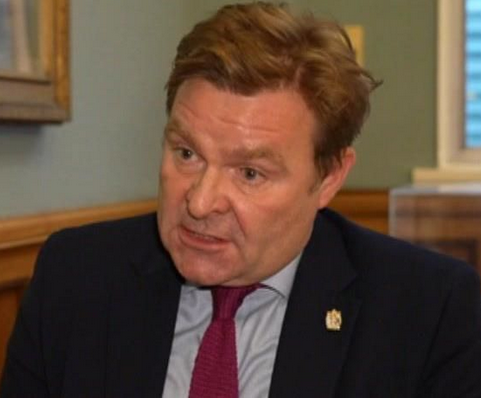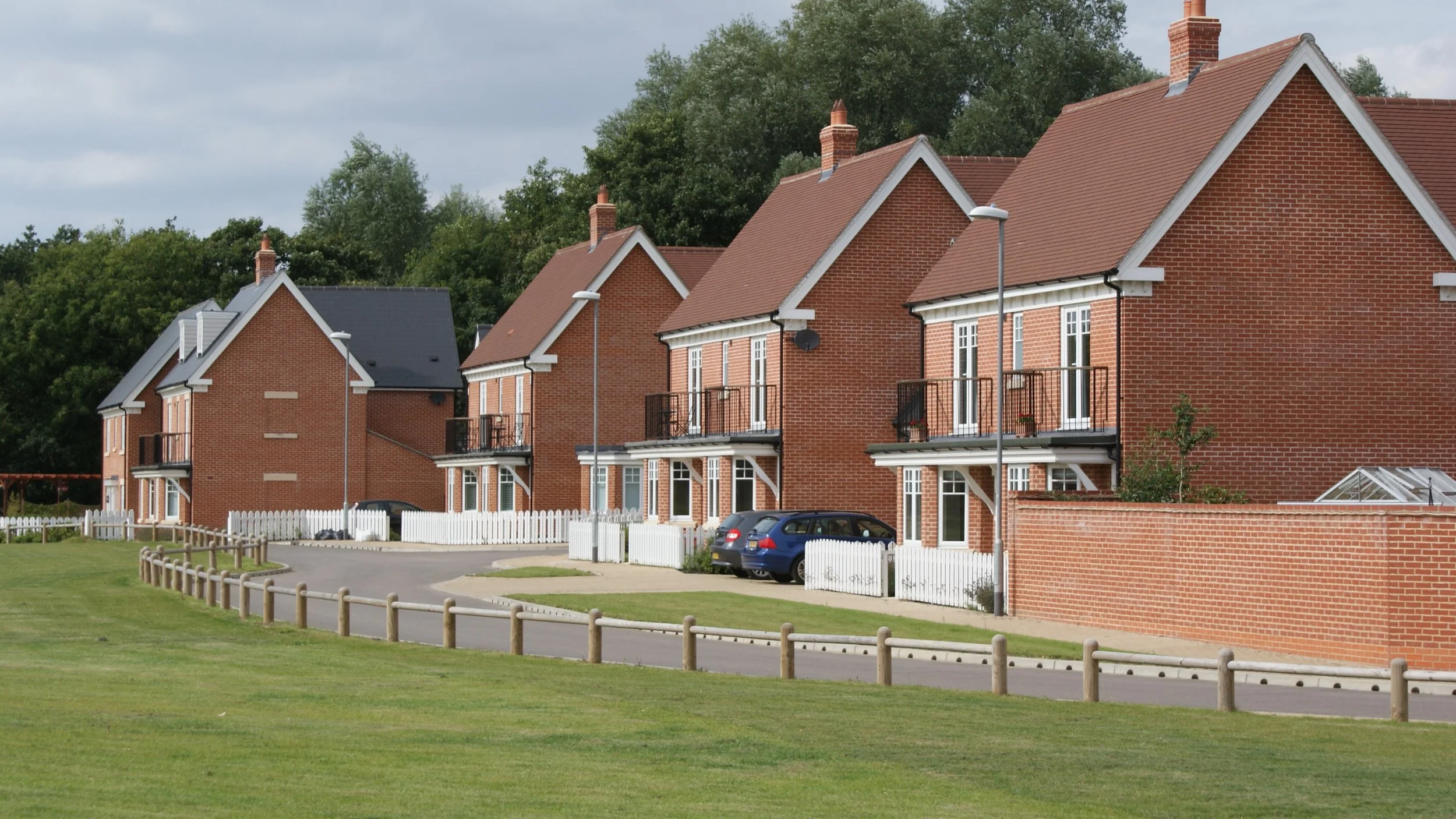The Culture Secretary today announced the Government’s plans to commemorate the Battle of Jutland, which brought together the two most powerful naval forces of the time in the largest naval battle of the First World War. There will be a series of commemorative events in the Orkney Islands on 31 May 2016. This will be an opportunity for people in the UK to come together to honour those on both sides who lost their lives during the Battle of Jutland and to recognise the pivotal role of the Royal Navy in the First World War.
Secretary of State John Whittingdale said:
“These commemorations will be an opportunity for the country to come together to honour those who lost their lives during the Battle of Jutland. The pivotal role that the Royal Navy played in the war effort cannot be underestimated and we owe a great debt to those brave souls who gave their lives.
“But behind the scenes of conflict there are also the contribution of Scotland and the people of Orkney who supported the war effort - we must remember their sacrifice too and ensure their stories are told for generations to come.”
Commemorative events will include:
-
A service at St. Magnus Cathedral, Kirkwall on Orkney Mainland
-
A commemorative event at the Royal Navy Cemetery at Lyness on the island of Hoy
-
A wreath-laying ceremony at sea on Jutland Bank by British and German ships
-
The Royal Navy will support commemorations in the Orkney Islands with a major warship
-
The opening of HMS Caroline in Belfast as a museum and visitor attraction
-
The laying of commemorative paving stones to commemorate the four Victoria Cross recipients from the Battle of Jutland
-
Orkney Island Council’s wider programme of cultural and educational activities
-
The commemoration of Jutland casualties buried in Sweden, Norway and Denmark
-
Commemorative events at naval memorials in Portsmouth, Plymouth, and Chatham
-
Commemorative activity in Germany in Wilhelmshaven, home to the German High Seas fleet, and at the Laboe Naval Memorial in Kiel.
The Battle of Jutland centenary events are a key part of the UK Government’s four year programme to commemorate the First World War. Additional information about how descendants can attend will be announced at the end of the year.
Jutland brought together the two most powerful naval powers of the time in the most pivotal naval engagement of the war with 6,000 British and 2,500 German personnel lost. We will honour those on all sides who lost their lives during the battle. This will also be an opportunity to recognise the impact that the battle had on the Orkney Islands and the role that Orkney played in hosting the Grand Fleet throughout the war.
Air Chief Marshal Sir Joe French KCB, CBE, Vice-Chairman of the Commonwealth War Graves Commission, said:
“The Commonwealth War Graves Commission is honoured to support the commemorations of the Battle of Jutland at Lyness Royal Naval Cemetery in Orkney. Our cemetery overlooks Scapa Flow, the home of the Royal Navy's Grand Fleet during the First World War. As the final resting place of sailors who were buried by their comrades, including many who died as a result of the Battle of Jutland, it is a particularly moving and evocative place.
The centenary of the Battle of Jutland is an opportunity for us to pay tribute to the contribution of the Royal Navy, and to honour the sacrifices made by sailors throughout the conflict. The CWGC commemorates some 50,000 naval personnel who lost their lives during the Great War. Many, who have no grave but the sea, are remembered at our naval memorials at Portsmouth, Plymouth and Chatham. Men who lost their lives in the battle are also commemorated in CWGC cemeteries across Scandinavia. These locations will also host commemorative events. Each place, each name, is a powerful reminder of the human cost of the maritime campaign.”
Cabinet Secretary for Culture, Europe and External Affairs Fiona Hyslop said:
“The Battle of Jutland was the war’s largest naval battle and this will be an important commemoration when we should reflect on the bravery of the Navy and its sailors. The impact of the battle was felt across Scotland, Europe and beyond, and it is fitting that we remember those who died and those who fought in the Battle, and during the First World War as a whole.
“The First World War claimed the lives of more than 100,000 Scots and left many more injured or disabled. We will continue to encourage people in all parts of Scotland to join with us to remember the impact of the War, and remember the sacrifice of those who fought, and those who supported them at home.”
Admiral Sir George Zambellas, First Sea Lord and Chief of the Naval Staff, said:
“The First World War remains characterised by imagery of the trenches of the Western Front. Yet the sea was Britain’s lifeline and the supremacy of the Royal Navy was crucial to national survival. Today, the strategic effects of navies are just as relevant across oceans and onto the land. So, the Royal Navy works in close partnership with navies around the world to keep the seas safe for trade and to uphold security, stability and the rule of law. It is right, a century after Jutland - the largest clash between Dreadnoughts, that we join together to remember those lost from both sides.”
Councillor Jim Foubister, Vice Convener of Orkney Islands Council, said:
“It is fitting that Orkney will host the national commemoration and that this will draw to a close at Lyness among the graves of some of the many thousands of sailors who lost their lives at Jutland.
“Over the months ahead, children in our schools will look at many aspects of the war, at Orkney’s role and the contributions of our forbearers. In this way we can help ensure that those who paid the ultimate sacrifice for their countries are never forgotten.”
Nick Jellicoe, the Grandson of Admiral John Jellicoe said:
“Jutland has been an exciting & rewarding journey of discovery through which I’ve come to deeply admire a man I never personally knew: my grandfather.
Listening to other peoples’ memories - from my extended family or complete strangers – has brought him to life for me. I only wish that I’d asked the one person who knew him better than anyone: my own dad. Those are memories I would have cherished.”






